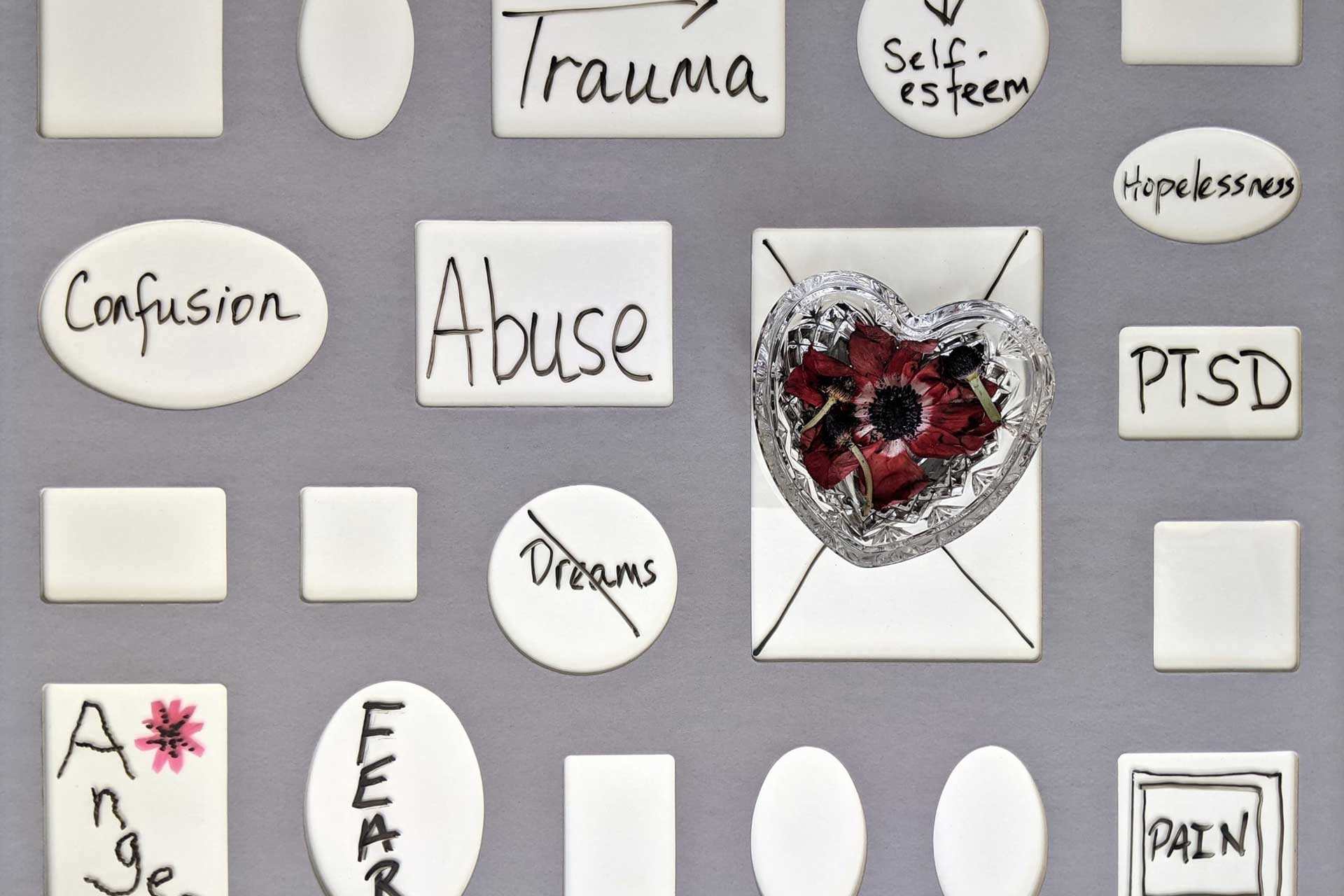How Your God-Given Internal Cues Can Stop Emotional Eating
Chronic stress, a silent predator, is a key instigator of a range of physical and mental ailments. Unfortunately, it also slyly fuels emotional eating. What happens is that we often turn to food beyond our physical hunger because we’re trying to fill a deep-seated void. God actually created that void in us to fill with Himself. Therefore, we know that food is not the answer. God has gifted us with a sophisticated system that signals when we need to nourish ourselves and when we should refrain from eating. This system helps us to effectively curb emotional eating by recognizing and responding to internal cues. Defining True Hunger The internal cues we possess to indicate hunger are natural and intuitive. Your body releases two hormones, ghrelin and leptin. Ghrelin stimulates the appetite, making your stomach feel empty and often causing it to growl. The growl or empty sensation may subside but return in 10-30 minutes as your body requires fuel. The other hormone, leptin, controls satiety. You experience the sensation of being full when fat cells release leptin, which leads you to stop eating. This hormone is released when it receives the signal from the stomach approaching fullness. Unfortunately, many individuals continue to eat even when they are already full or not hungry, making it difficult to gauge their satiety or control their eating. This can lead to physical discomfort, obesity, digestive problems, and even illness if it becomes a consistent habit. Understanding these potential health risks can be a powerful motivator to change our eating habits. Why We Eat Our Emotions If the empty feeling or stomach growl indicates hunger, why do we eat when not physically hungry? Thoughts and emotions fuel our actions. For example, you have had a stressful day at work. You arrive home, and everyone [...]












